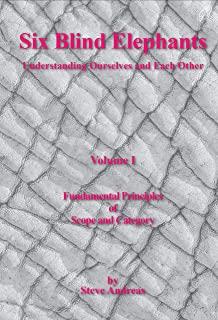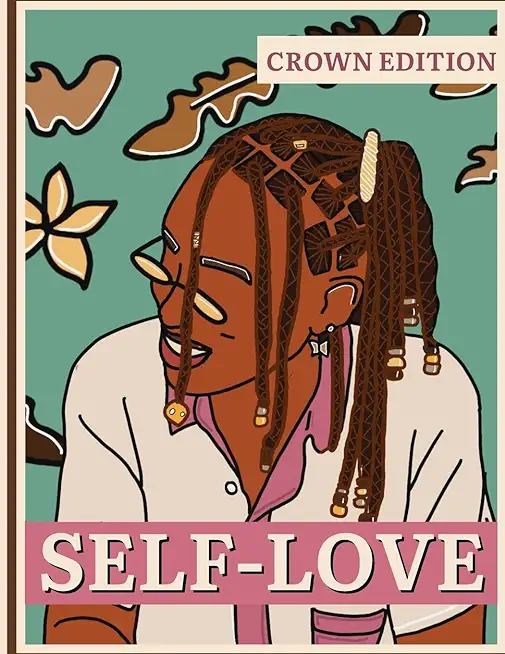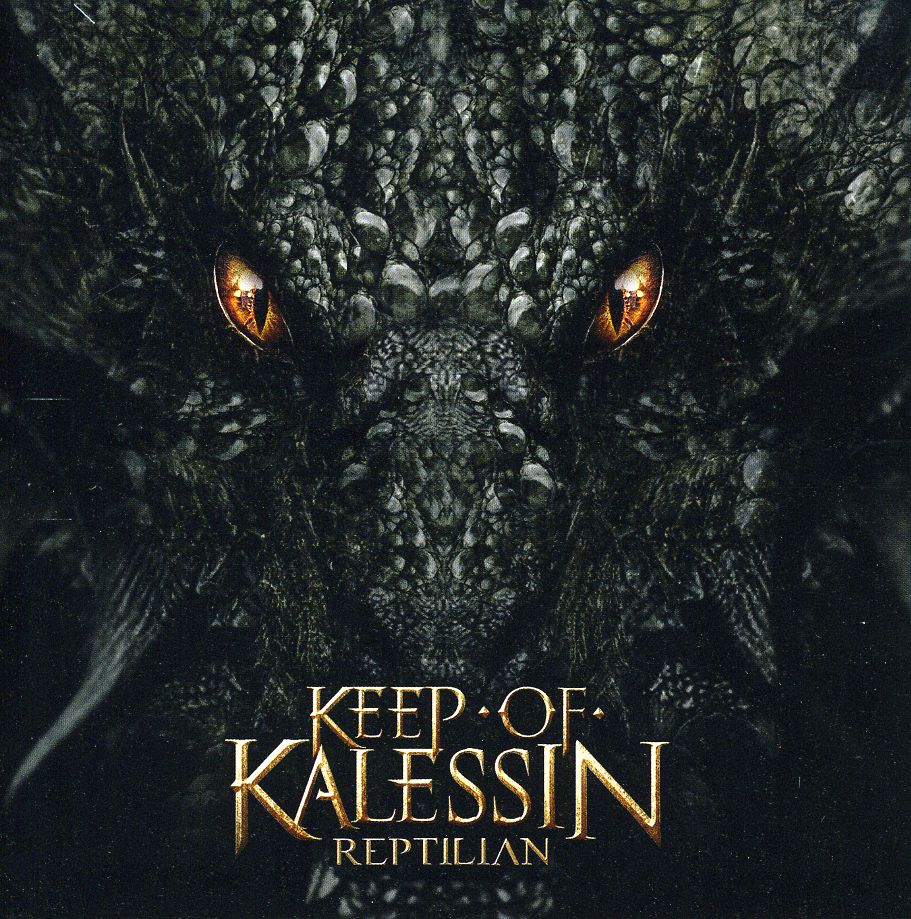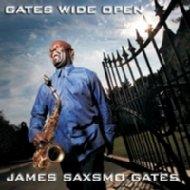
Andreas, Steve
If you ever find yourself out of choices -- either in your own life, or in your work with others -- you know how nice it would be to always have something to do next. You'll learn how the fundamental distinctions of scope, category, and logical level offer a way to describe and track all our experiences -- from ordinary troubles and difficulties to positive mystic experiences of union or oneness. The same knowledge provides surprisingly endless possibilities for changing your experience when you want it to be different.
The book is illustrated with a multitude of rich examples gleaned from expert therapists -- Milton Erickson, Virgina Satir, Frank Farrelly, Leslie Cameron-Bandler, Carl Whitaker, Salvador Minuchin, and many others. Some of these examples would be completely baffling without these understandings.
Those who appreciate a rigorous analysis will appreciate the clear discussion of logical levels. Although misunderstood by many previous thinkers, including Gregory Bateson, logical levels provide a simple way to determine where and how to intervene in problems. (Volume II continues this by examining a variety of more complex and troublesome communication patterns.)
While I had been thinking of this as an advanced book, the proofreader, with no NLP or therapeutic background at all, said that he wished he had read it twenty years ago, because it would have made his life so much easier.







